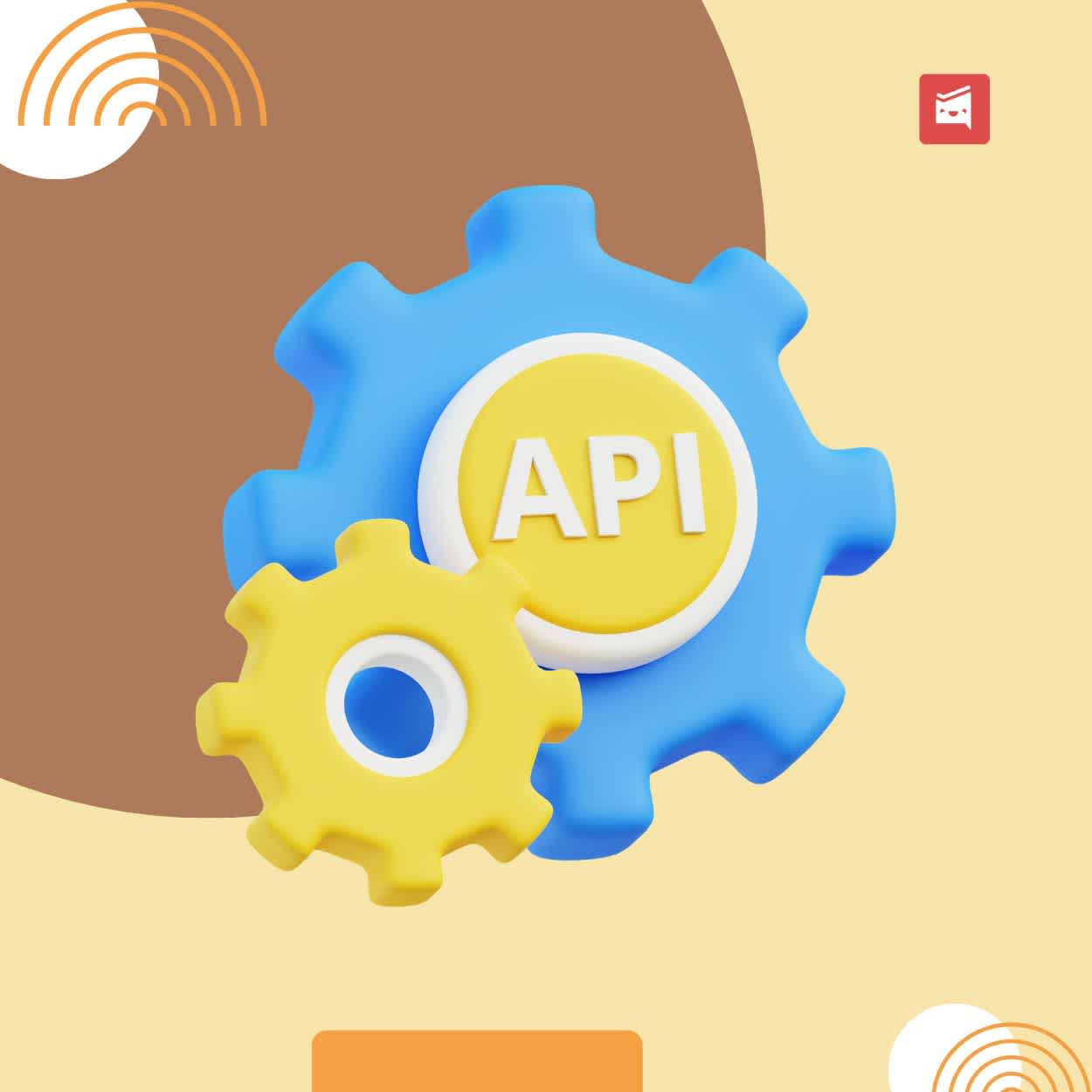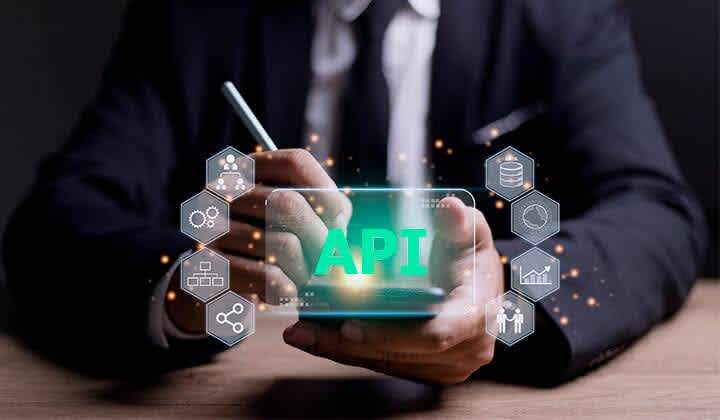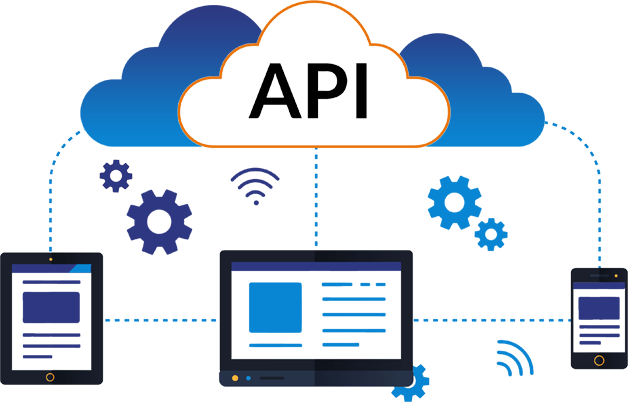The Importance of Custom API Development in Modern Software Solutions.
ByJulian Gette
Workast publisher

Workast publisher
Software systems to communicate and share data seamlessly, enhancing functionality and user experience. This article delves into the significance of custom API development, its benefits, and how partnering with a professional service can help businesses achieve their technological goals.
Custom API development involves creating tailored APIs to meet specific business needs. Unlike off-the-shelf APIs, which offer generic functionalities, custom APIs are designed to integrate with a company's unique systems and processes. By leveraging custom API development, businesses can ensure that their software solutions are highly efficient and scalable. Partnering with an expert in custom API development can significantly streamline this process, ensuring that the resulting API meets all requirements and enhances overall system performance.
APIs play a pivotal role in modern software development for several reasons:
Interoperability: APIs enable different software systems to communicate, allowing for seamless integration and data exchange.
Efficiency: By reusing existing functionalities, APIs reduce development time and costs.
Scalability: APIs allow businesses to scale their operations by integrating new systems and functionalities without extensive rework.
Innovation: APIs foster innovation by enabling developers to leverage third-party services and data.
Custom API development offers numerous advantages over generic APIs, including:
Tailored Solutions: Custom APIs are designed to meet specific business requirements, ensuring optimal performance and functionality.
Enhanced Security: Custom APIs can be built with advanced security features tailored to the specific needs of the business.
Better Integration: Custom APIs facilitate seamless integration with existing systems, reducing the risk of compatibility issues.
Improved Efficiency: By automating processes and enabling better data flow, custom APIs can significantly enhance operational efficiency.
Competitive Advantage: Custom APIs can provide unique functionalities that set a business apart from its competitors.
Developing a custom API involves several key steps:
Requirement Analysis: Understanding the business needs and defining the API's objectives.
Design: Creating a detailed API design, including endpoints, data structures, and communication protocols.
Development: Building the API using appropriate technologies and frameworks.
Testing: Conducting thorough testing to ensure the API functions correctly and securely.
Deployment: Implementing the API in a production environment.
Maintenance: Continuously monitoring and updating the API to ensure it remains effective and secure.
Several factors must be considered when developing a custom API:
Security: Ensuring the API is secure from potential threats and vulnerabilities.
Scalability: Designing the API to handle increased loads and evolving business needs.
Performance: Optimizing the API for fast and efficient data processing.
Documentation: Providing comprehensive documentation to help developers understand and use the API effectively.
Compliance: Ensuring the API complies with relevant industry standards and regulations.
Custom APIs are used across various industries to solve specific challenges and improve processes:
E-commerce: Integrating payment gateways, inventory management, and customer relationship management (CRM) systems.
Healthcare: Connecting electronic health records (EHR) systems, telemedicine platforms, and patient management systems.
Finance: Enabling secure transactions, data exchange between financial institutions, and integration with accounting software.
Travel and Hospitality: Integrating booking systems, customer service platforms, and third-party travel services.
Social Media: Connecting with social media platforms for data sharing and user authentication.
To ensure the success of custom API development, several best practices should be followed:
Design First: Start with a detailed design that outlines the API's structure and functionality.
Use Standard Protocols: Adhere to industry-standard protocols such as REST or GraphQL.
Version Control: Implement version control to manage changes and updates to the API.
Comprehensive Testing: Conduct extensive testing to identify and resolve any issues before deployment.
Monitor and Maintain: Continuously monitor the API's performance and security, and make necessary updates and improvements.
While custom API development offers numerous benefits, it also presents several challenges:
Complexity: Custom APIs can be complex to design and implement, requiring specialized skills and expertise.
Security: Ensuring the security of custom APIs can be challenging, especially in industries with strict regulatory requirements.
Maintenance: Custom APIs require ongoing maintenance to address bugs, security vulnerabilities, and performance issues.
Integration: Integrating custom APIs with existing systems can be challenging, particularly if those systems are outdated or poorly documented.
To overcome these challenges, businesses should:
Partner with Experts: Work with experienced API developers who have a proven track record of successful projects.
Invest in Security: Prioritize security throughout the development process, including regular audits and updates.
Plan for Maintenance: Allocate resources for ongoing maintenance and support to ensure the API remains effective and secure.
Test Thoroughly: Conduct comprehensive testing to identify and address any issues before deployment.
At Devcom, we specialize in delivering high-quality custom API development services tailored to meet your unique business needs. Our team of experienced developers is dedicated to creating secure, efficient, and scalable APIs that drive innovation and enhance your software solutions. Whether you need to integrate third-party services, streamline internal processes, or build custom functionalities, Devcom is here to help you achieve your goals.
The landscape of API development is constantly evolving, with several trends shaping the future of the industry:
Microservices Architecture: APIs will continue to play a crucial role in microservices architecture, enabling modular and scalable applications.
AI and Machine Learning Integration: APIs will increasingly integrate with AI and machine learning services, enhancing application capabilities and user experiences.
Internet of Things (IoT) Integration: APIs will facilitate the integration of IoT devices, enabling smarter and more connected solutions.
GraphQL Adoption: GraphQL is gaining popularity as an alternative to REST APIs, offering more flexibility and efficiency in data querying.
API Economy: The API economy will continue to grow, with more businesses leveraging APIs to create new revenue streams and business models.
Custom API development is a critical component of modern software solutions, enabling businesses to create tailored, secure, and efficient integrations that drive innovation and enhance user experiences. By partnering with an experienced custom API development service like Devcom, businesses can ensure their APIs meet specific needs and provide a competitive advantage. Embrace the power of custom APIs to unlock new possibilities for your software solutions and stay ahead in the digital landscape.

